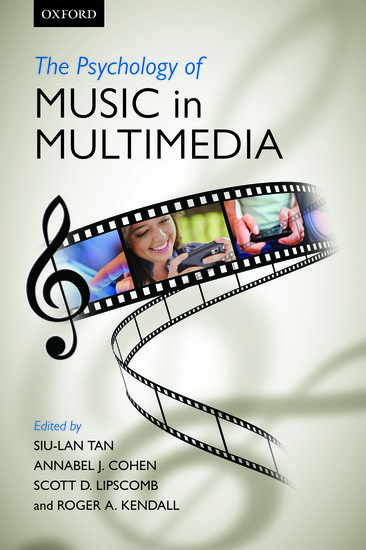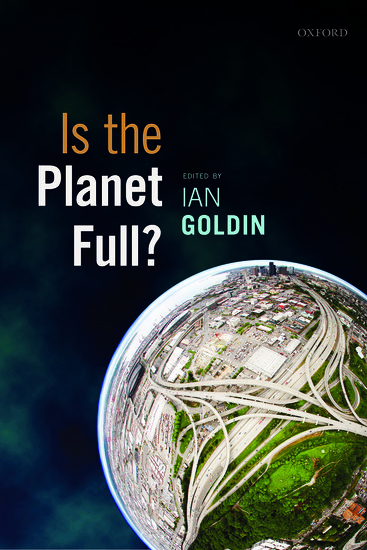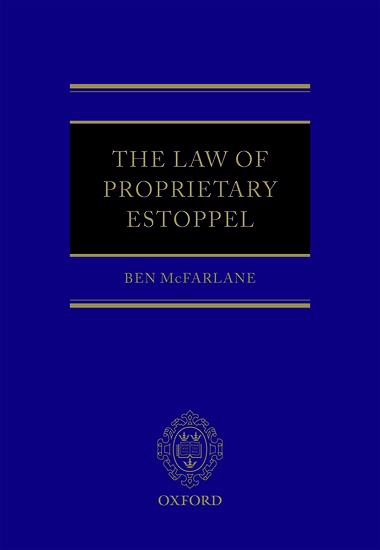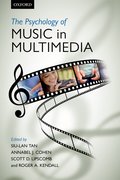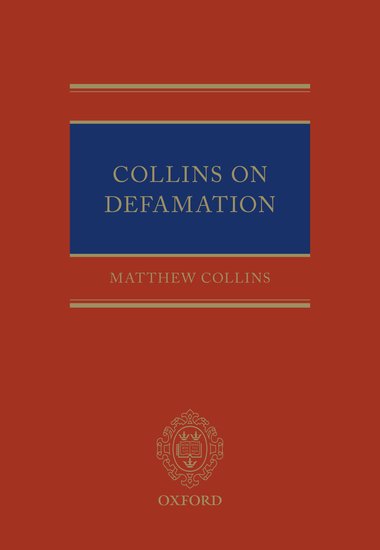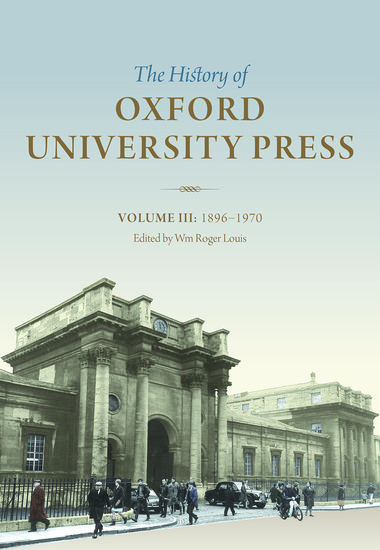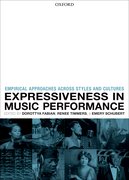Politics and cities: looking at the roots of suburban sprawl
Our modern-day suburban sprawl is much more than bad architecture and sloppy planning, yet there might be a simple solution. Benjamin Ross, author of Dead End: Suburban Sprawl and the Rebirth of American Urbanism, argues that the expansion of rail transit would help us to create better places to live.


